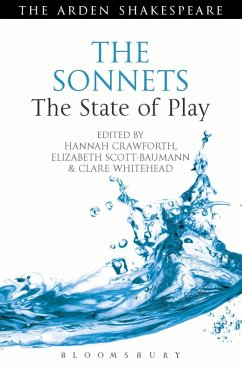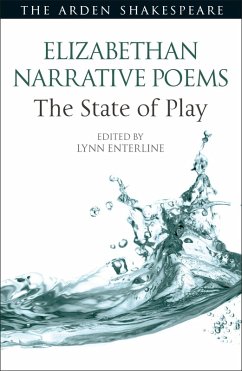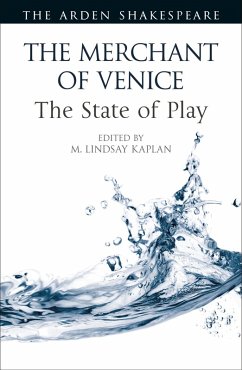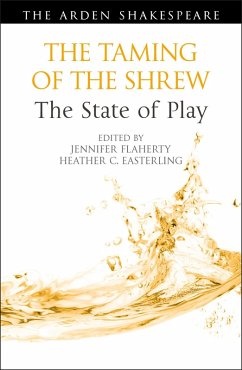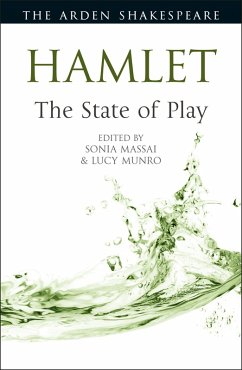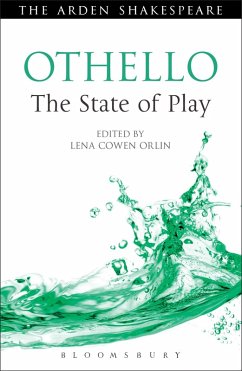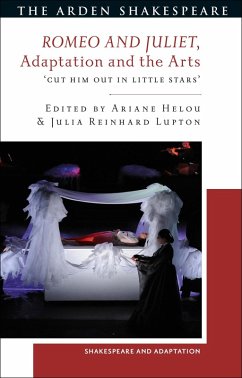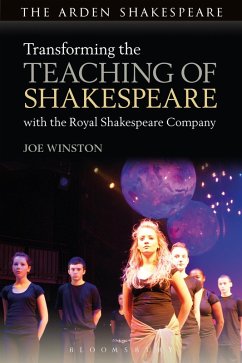
Titus Andronicus: The State of Play (eBook, ePUB)

PAYBACK Punkte
14 °P sammeln!
Shakespeare's and Peele's Titus Andronicus has had a theatrical and a critical revival in the last fifteen years; the critical revival was perhaps prompted by Jonathan Bate's Arden edition of the play and its revision of the traditional critical account that it is an immature work and overly sensationalistic with its emphasis on non-essential violence. Recent debates and approaches have drawn closer attention to the play's classicism; re-defined its genre (for example the revised edition of the New Dramatic Sources will re-classify the play as one of Shakespeare's Roman plays); re-considered t...
Shakespeare's and Peele's Titus Andronicus has had a theatrical and a critical revival in the last fifteen years; the critical revival was perhaps prompted by Jonathan Bate's Arden edition of the play and its revision of the traditional critical account that it is an immature work and overly sensationalistic with its emphasis on non-essential violence. Recent debates and approaches have drawn closer attention to the play's classicism; re-defined its genre (for example the revised edition of the New Dramatic Sources will re-classify the play as one of Shakespeare's Roman plays); re-considered the nature of violent spectacle, family relations and kinship, political alliance, race and miscegenation. This study will explore how the revitalized critical responses to early modern and contemporary performance histories has had a significant impact upon the wider reception of this play.




